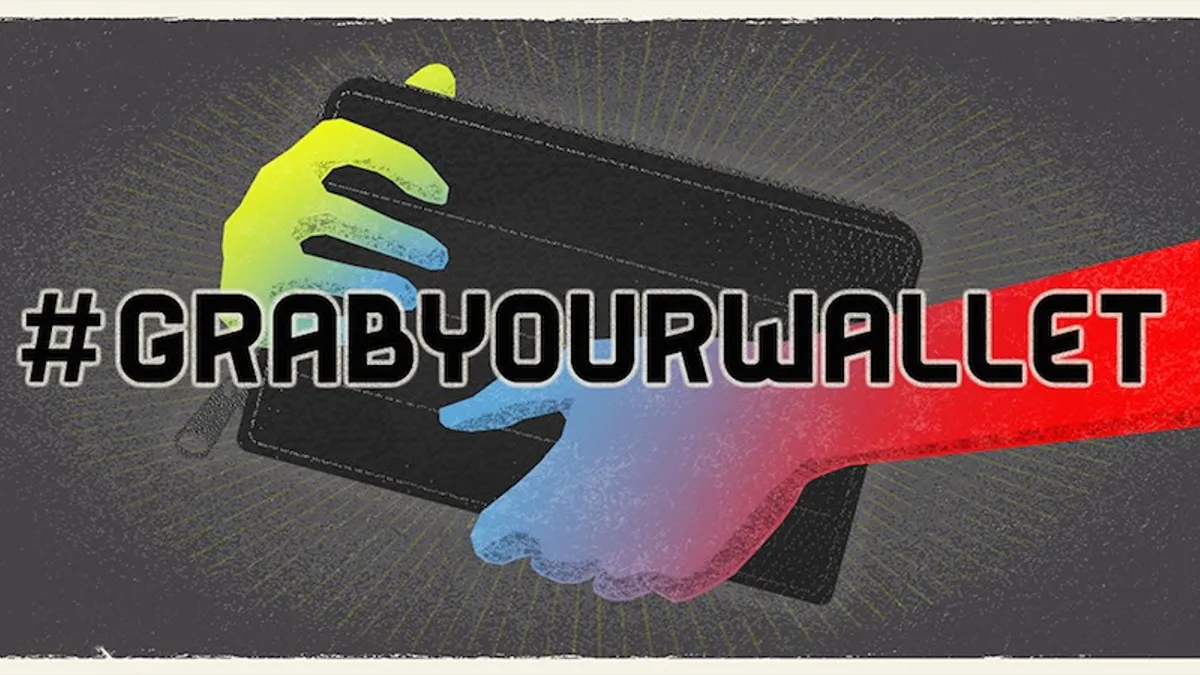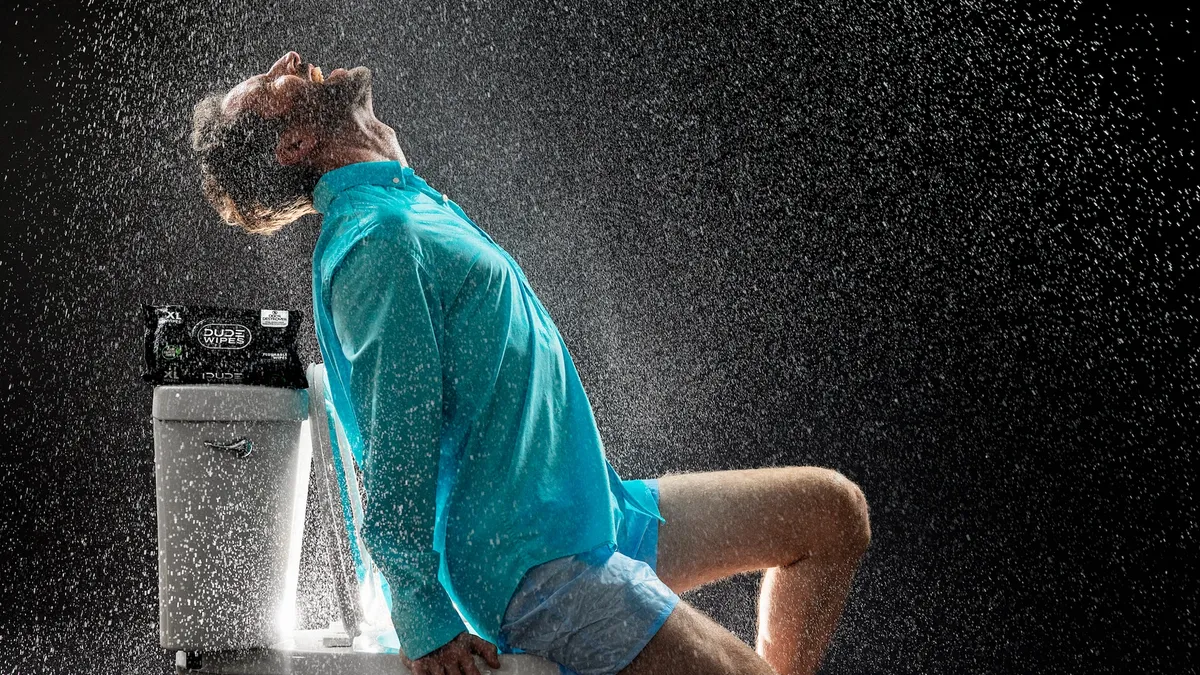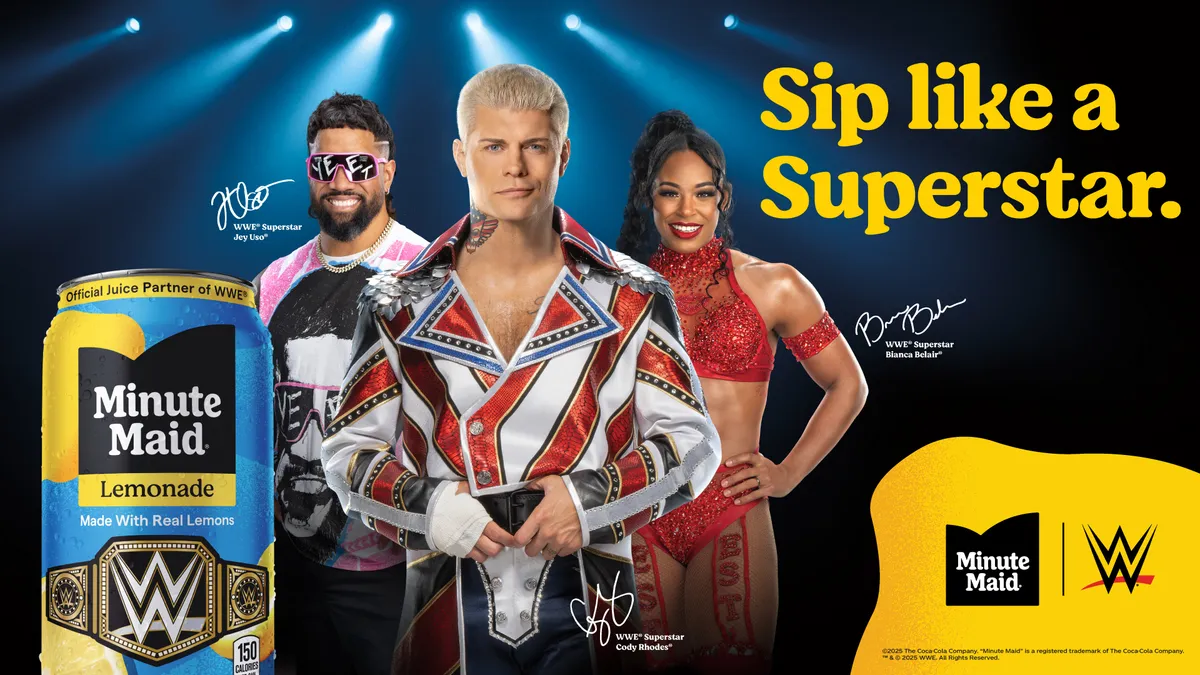As more brands find themselves embroiled in Donald Trump-related controversies, questions are arising over whether any of the backlash will have a lasting impact on businesses, or if consumers’ anger will simmer with the inevitable churn of the media cycle.
Trump’s ascension to the presidency — and the contentious times that have emerged since he took office — has forced marketers to be more careful than ever when positioning their brands around politics. In the few months since Trump was elected, New Balance, Uber, Under Armour and L.L. Bean are among the brands that have become targets of consumers’ ire for associations with Trump, both direct and tangential. On the other side of the aisle, brands ranging from Starbucks to Coca-Cola have faced down similar criticism and even boycotts for perceived opposition to Trump’s policies.
"We are one month in [...] It’s very hard to look at the efficacy of these movements," said Chris Allieri, principal at Mulberry & Astor, a communications and public affairs consultancy. "Unless sales plummet, you really can’t point to one reason or another that a boycott has been effective. It's more about mindshare, it's about talk — the things that marketers tend to think about."
And while marketers’ efforts to criticize Trump are often applauded by those within the industry or more socially aware consumers, businesses skewing in favor of Trump seem to garner more sustained support, experts say.
"Generally, brands that come out in support of Donald Trump — or are seen as possibly supporting Donald Trump, even though they might not have — tend to fare a little bit better in terms of online discussion,” said Kellan Terry, senior PR data analyst at Brandwatch, a social media analytics company. "The reason being is that Donald Trump is very large on social media and Twitter, specifically.
"If a brand comes out appearing to support Trump, while they will get backlash from non-Trump supporters, his supporters will rally around that brand and will lift that brand up," he added. "They will add positive mentions on top of the negative."
Here's a look at a few of the recent Trump-related controversies surrounding brands, including an assessment of any potential lasting impact.
New Balance takes heat — but did it get burned?
The first major flashpoint for brands and Trump came in November, just days after the election, when representatives from the sneaker brand New Balance praised Trump’s opposition to the Trans-Pacific Partnership (TPP).
New Balance: "The Obama admin turned a deaf ear to us & frankly w/ Pres-Elect Trump we feel things are going to move in the right direction"
— Sara Germano (@germanotes) November 9, 2016
New Balance, which manufactures its goods in the U.S., was approaching Trump’s stance from a business perspective, but consumers took the comments as a wholesale political endorsement. With emotions still heightened and raw in the direct aftermath of the election, many protested New Balance on social media by making a show of burning or otherwise destroying the brand’s sneakers.
@MMArtinitus @tabgirl @SoleCollector @newbalance pic.twitter.com/RqATjNBalu
— kiemzi (@kiemzi) November 10, 2016
It was a striking, vocal instance of consumer resistance, and a clear signal to marketers that separating business and politics might both more important and more treacherous than with past administrations. But did the trashing of already purchased shoes by customers really hurt New Balance in the end? Maybe not.
"While the immediate reaction was outrage and 'flush New Balance down the toilet' or 'throw them in the dumpster,' after a few hours, New Balance’s conversation actually turned positive," said Terry. "That was Donald Trump's supporters coming out and rallying around the brand."
Starbucks and Uber: A study in contrasts
Both Starbucks and Uber have more recently faced criticism for associations with Trump: Starbucks when CEO Howard Schultz penned an open letter addressing issues with several of the president’s policies and suggesting the company plan to hire 10,000 refugees; Uber when it continued to run its service amid protests against an executive order banning travel from seven majority-Muslim countries, which was perceived as strike breaking.
At the time, Uber’s chief executive Travis Kalanick was also on Trump’s economic advisory council.
Two separate hashtags — #BoycottStarbucks and #DeleteUber — started trending as a response to these actions. But while #BoycottStarbucks appears to have done little to hurt the coffee maker’s bottom line, #DeleteUber saw customers dropping the ride-hailing app en masse, throwing the company into a scramble.
The difference here is clarity of brand position, experts say. Businesses well-known for being liberal-leaning — Starbucks, for example — aren’t going to get as heavily pummeled for speaking out against the president as those with murkier political histories.
"Howard Schultz has always acted that way as CEO. He's done full, decisive action. He's waded into social issues, many times causing controversy, all the while leading his company, and it's doing pretty well,” said Allieri. "In the case of Uber, you had a very defiant CEO making a decision that seemed to be against his employees."
Uber similarly seemed to not understand its customers, despite holding presumably large amounts of psychographic data on them, according to Allieri.
"CEOs are their brands and vice versa," he added. "So it’s about figuring out what issues [a brand] is going to weigh into and what issues they are not going to."
Dents in Under Armour
However, Uber seems to be the outlier when it comes to grassroots social movements having an outsized impact on actual strategy. It probably didn’t help that Uber’s business is run through an app which can be deleted or re-downloaded with relative ease and for free. A variety of other pushes to boycott a specific brand have quickly made headlines but not resulted in the same tangible results.
"People are starting to get used to brands kind of putting in their two cents in this discussion and they're becoming a little numb to it," said Terry.
One area that might become more prickly for brands to navigate is their relationship, not with wary consumers, but their own ambassadors. Athletic apparel brands, for example, rely on the strength of their sponsored athletes for cultural cache and product promotion.
Under Armour’s CEO Kevin Plank recently called Trump being in the White House an “asset” to his business, which led both the ballet dancer Misty Copeland and basketball star Stephen Curry — two of the brands’ biggest representatives — to speak out in opposition.
While no consumer movement against Under Armour swelled to match the scale of #DeleteUber, Curry and Copeland's resistance appeared to lead Plank to walk back on his comments and issue a statement opposing Trump’s travel ban. Losing customers is obviously a negative for brands, but the potential of having ambassadors drop out over political differences has far bigger implications for business, given their influence on consumers.
"Brand ambassadors — and, if we're speaking more generally, celebrities — certainly are weighing in," said Terry. "You can expect to see celebrities use their platform to try to push the side that they support [...] and I think that you will continue to see that."
Another potential impact for brands of their run-ins with Trump could be on stock value. A Susquehanna Int'l Group analyst this week downgraded Under Armour stock price, saying the CEO's Trump controversy could make it difficult for the brand to build its brand.
Retailers' conundrum
Perhaps the prickliest intersection between Trump and brands falls in the retail sector. Big names here including Nordstrom, Kmart, Sears and Burlington have sold products tied directly to either Donald Trump or family members including daughter Ivanka, though that's quickly changing.
Nordstrom recently dropped Ivanka’s clothing line, citing poor sales, but there’s also been a rise in consumer watchdog groups that call out stores supporting Trump-related businesses. Grab Your Wallet and similar social activism initiatives have been thrust into the spotlight and may continue to take on a larger role convincing retailers, Nordstrom included, to rethink carrying Trump goods.
It's a consideration not only affecting big businesses but also customers.
"Consumers on either side are going to have some tough choices," said Allieri. "It's like, 'oh my gosh, I love my Amazon, I love my Starbucks, I love my Nordstrom — where am I going to fall on this issue?"
Trump is barely one month into his presidency, as Allieri noted, and consumer activism may take on more even dramatic forms as outcry on social media fails to spur brands to action.
"People will keep on this. It'll be more interesting to see, not how buying habits change, but how consumers will continue to put pressure on brands," Allieri said. "Will it result in protest actions? Letters to CEOs? Guerilla-style theater stuff? That could be interesting — because if you're on the protesting side, you're not going to be able to sustain this on Twitter alone."























